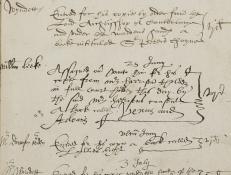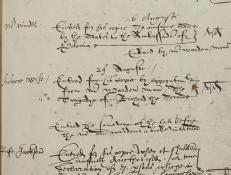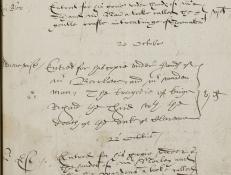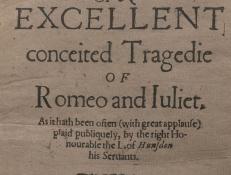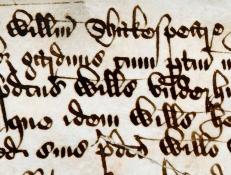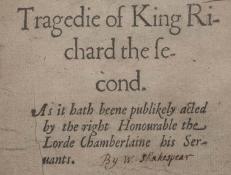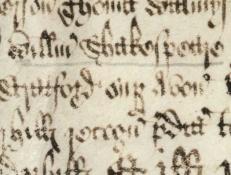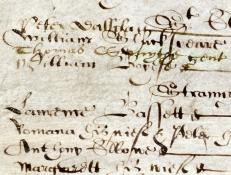Shakespeare Documented is still growing! Currently, two thirds of the descriptions and 98% of the images are available in the resource. Descriptive text will continue to be added, updated and expanded. Visit our About page to learn more about the project scope.
EXPLORE THE DOCUMENTS BY CATEGORY
SHAKESPEARE DOCUMENTED IS STILL GROWING
Descriptive content and transcriptions will continue to be added, updated and expanded. Check back for regular updates!
Filter the documents by tag(s)
1596
Edward III was published anonymously in 1596, and was one of three plays attributed to Shakespeare in the catalogue of books appended to Thomas Goffe’s The Careless Shepherdess in 1656.
November 29, 1596
The enrolled entry known to Shakespeare scholars as the “Langley writ” was recorded in the Court of King’s Bench between October 29, 1596 and January 24, 1597. The writ constitutes presumptive evidence that William Shakespeare, formerly of St.
June 25, 1596
On June 25, 1596, the London printer and publisher John Harrison the Elder transferred his rights to print Shakespeare's poem Venus and Adonis to his colleague, William Leake, who printed the fifth edition in 1599.
August 29, 1597
Richard II was entered into Liber C of the Stationers' Company on August 29, 1597. The title as entered reads "The Tragedye of Richard the Second".
October 20, 1597
Richard III was entered into Liber C of the Stationers' Company on October 20, 1597.
1597
Romeo and Juliet was one of Shakespeare’s most popular plays from the moment it was first performed and printed.
May 2-9, 1597
In May 1597, the freehold title to New Place passed from William Underhill to William Shakespeare. This would normally have been recorded in a formal deed of conveyance, signed by both parties.
1597
Shakespeare’s Richard II made its debut in print in 1597, approximately two years after the play’s original performance on stage.
May 4, 1597
For further details about the 1597 exemplification, see the general essay for Shakespeare's purchase of New Place.
November 15, 1597
Lay subsidies were a type of tax based on personal wealth. In London, the collection of subsidies was managed at the local level of ward and parish. Each collection typically generated one lay subsidy roll and one default roll for each ward.

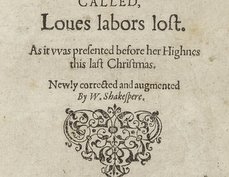
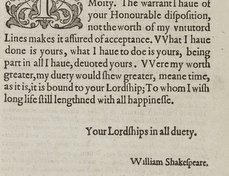
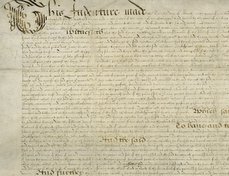

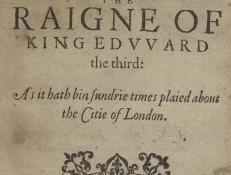
![The Langley writ [1], thumbnail detail](https://shakespearedocumented.folger.edu/sites/default/files/styles/document_thumbnail/public/document-thumbnails/KB29-234%20%281%29_thumbnail%20detail.jpg?itok=FAoIJUL_)
